BORN WITHOUT A UTERUS / WOMB
A woman who is born without a uterus, also described as being born without a womb, has a congenital condition known as Mullerian agenesis or MRKH also known as Mayer-Rokitansky-Kuster-Hauser Syndrome. Mullerian agenesis means the embryologic structures, the Mullerian ducts, have not developed fully or normally and this results in poorly developed or the absence of uterus, cervix, fallopian tubes and vagina. The individual may also be born without ovaries. The absence of the vagina is specifically known as vaginal agenesis. This condition affects a small percentage of women and can be caused by hormonal imbalances, developmental issues, and genetic abnormalities.
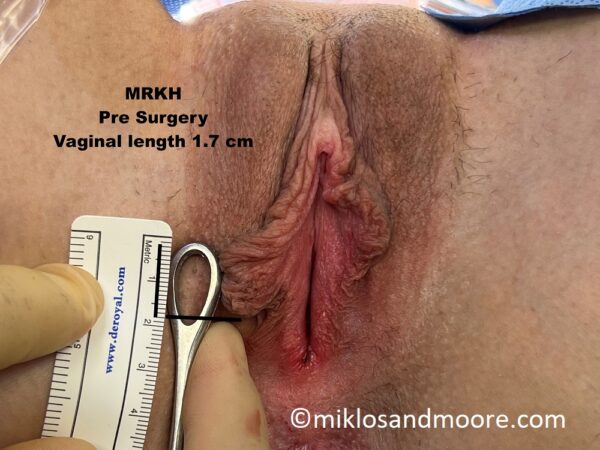
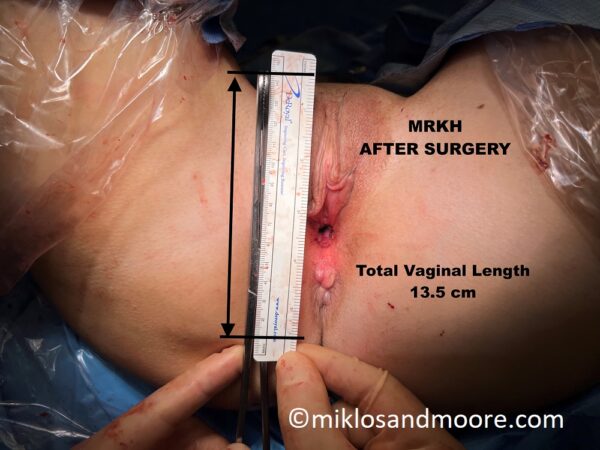
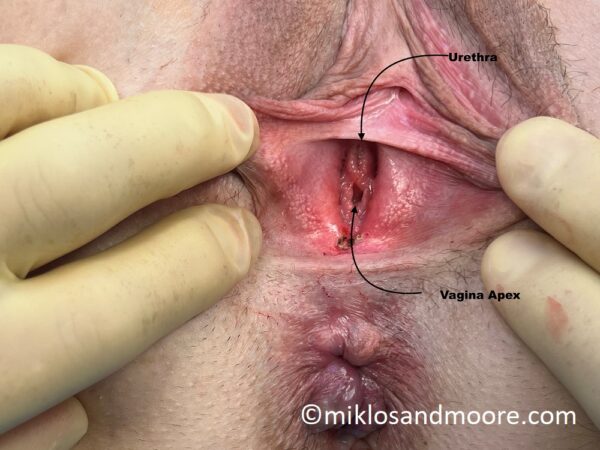
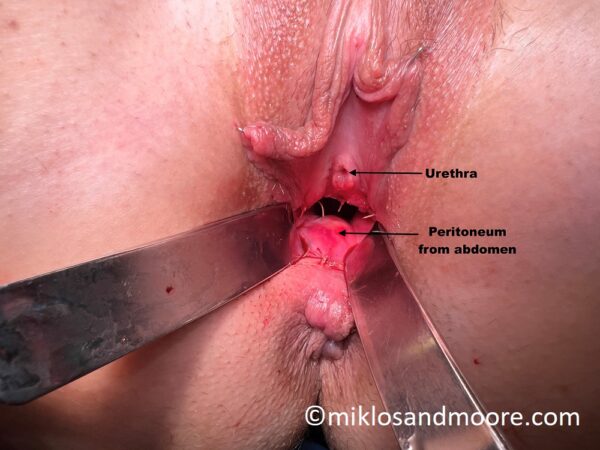
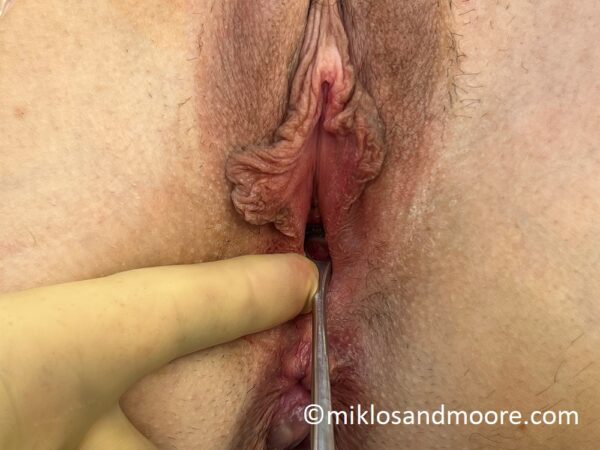
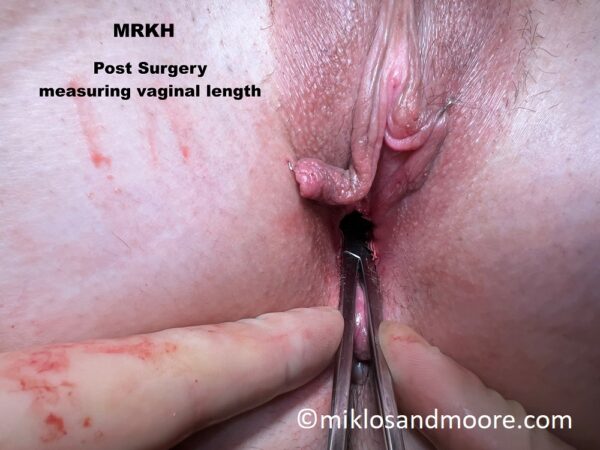
One of the most common syndromes of being born without a uterus is a condition called Mullerian agenesis, also known as Mayer-Rokitansky-Küster-Hauser (MRKH) syndrome. MRKH is a congenital condition in which the female reproductive system does not develop fully, resulting in the absence of the uterus, cervix, vagina or a shortened vaginal canal. Interestingly these women are rarely born without their ovaries and thus continue producing eggs and hormones.
Despite being born without a cervix, uterus, and vagina, also known as vaginal agenesis, there are treatment options available for women with this condition. One such option is neovagina creation, which involves surgically creating a new vagina using skin grafts or other tissue.
In some cases, women with Mullerian agenesis may also be candidates for uterine transplantation, a procedure in which a healthy uterus is transplanted from a donor to the recipient. In the future the uterine transplantation may include stem cell uterine regeneration or even a 3D printed uterus. These procedures are still considered experimental and are not currently or widely available.
Being born without the uterus and /or vagina can be physically and emotionally challenging. Women with MRKH or Mullerian agenesis may experience social anxiety, fear of intimacy, isolation, and depression. Despite these potential setbacks there are treatments to help improve the women’s quality of life. It is important that these individuals seek out guidance and counseling from qualified support groups and healthcare providers as well as loved ones.

